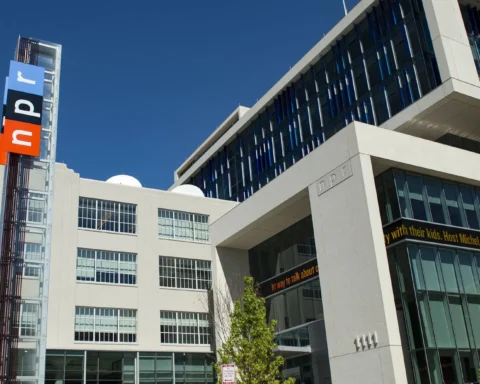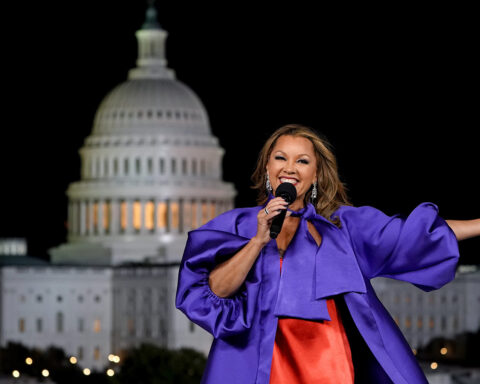NPR and PBS are suing the administration after Trump signed an executive order last month that directed CPB to“cease direct funding” for the two biggest public broadcasters in the U.S., which he called “biased.”
Details: Congressional Republican leaders in a Tuesday night joint statement confirmed they had received Trump’s recessions request to revoke $8.3 billion in funding for foreign assistance, from USAID and the African Development Foundation, and $1.1 billion from the CPB.
“Now that this wasteful spending by the federal government has been identified by DOGE, quantified by the Administration, and sent to Congress, House Republicans will fulfill our mandate and continue codifying into law a more efficient federal government,” per the statement that House Speaker Mike Johnson (R-La.) posted on X.
“This is exactly what the American people deserve,” the statement added. “Next week, we will put the rescissions bill on the floor of the House and encourage all our Members to support this commonsense measure.”
“This would result in cancellation of beloved local and national programming, a reduction in local news coverage and newsroom jobs, a severe curtailing (if not elimination) of public radio music stations who depend on CPB to negotiate music licenses,” she said.
It would also lead to a “reduction in service areas for rural and remote communities, as well as forcing dozens of local stations to shutter operations,” Maher added.
“Rescission would irreparably harm communities across America who count on public media for 24/7 news, music, cultural and educational programming, and emergency alerting services.”
PBS CEO Paula Kerger in an emailed statement Tuesday said the proposed cuts “would have a devastating impact” on the broadcaster’s member stations and “the essential role they play in communities, particularly smaller and rural stations that rely on federal funding for a larger portion” of their budgets.
Without PBS member stations, Americans will lose unique local programming and emergency services in times of crisis,” Kerger said.
“Public media is a public-private partnership and our work is only possible because of the bipartisan support we have always received from Congress,” she added.
“During this fight we will demonstrate our value to Congress, as we have over the last 50 years, in providing educational, enriching programs and critical services to all Americans every day for free.”
“I am concerned about PEPFAR — very concerned — and it looks like there’s a cut, but I need to look at it more closely,” she said.
Sen. John Kennedy (R-La.) thinks the package will ultimately pass.



